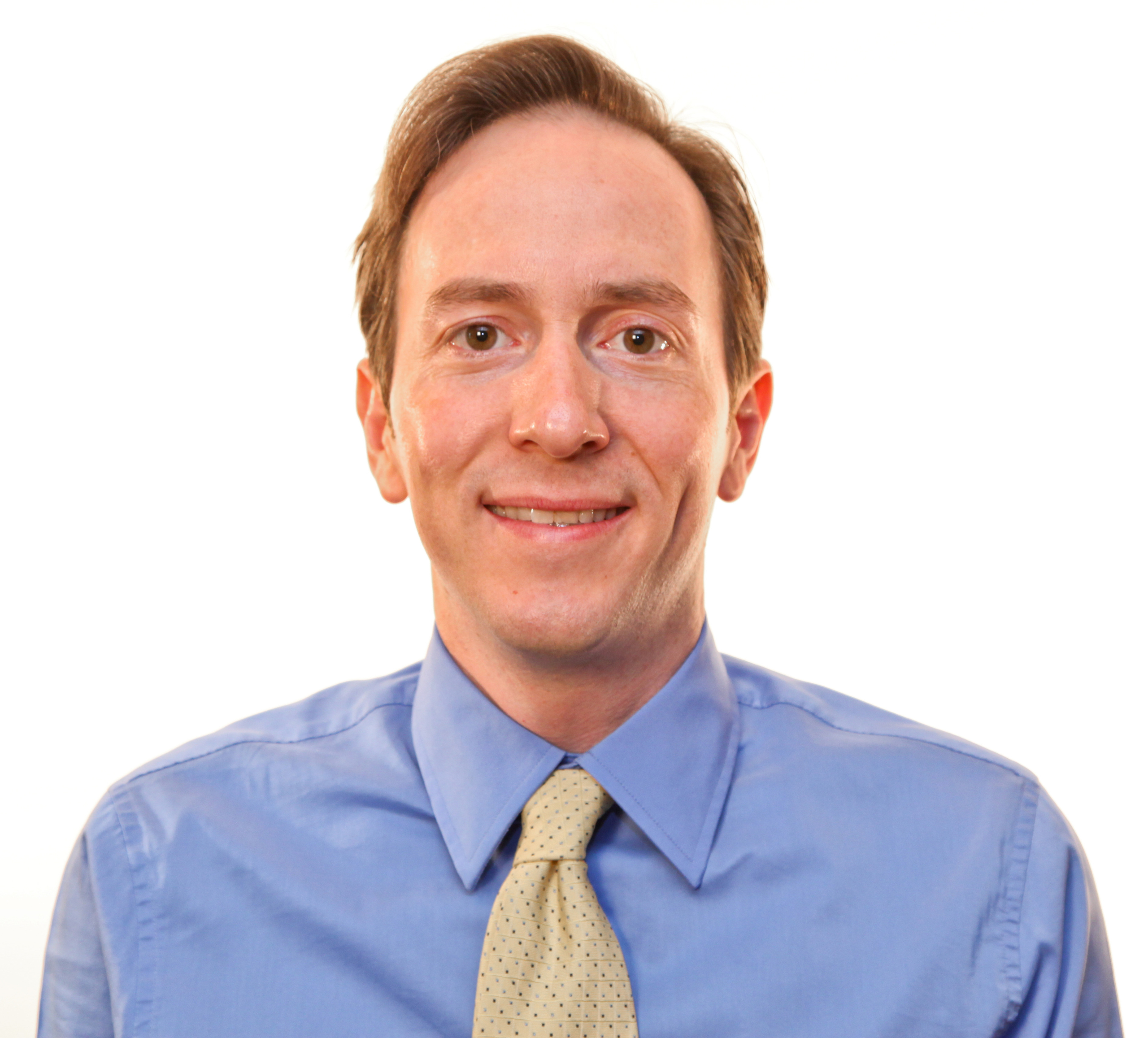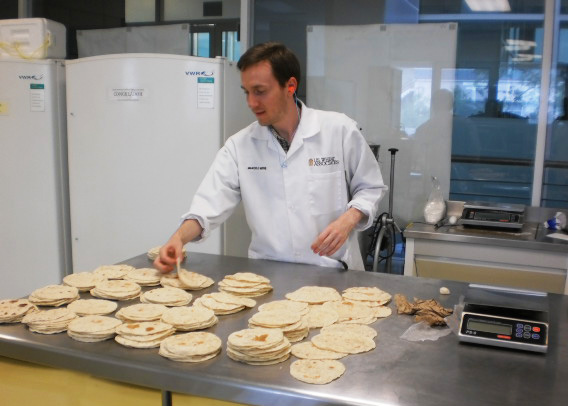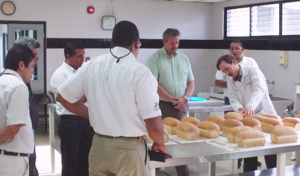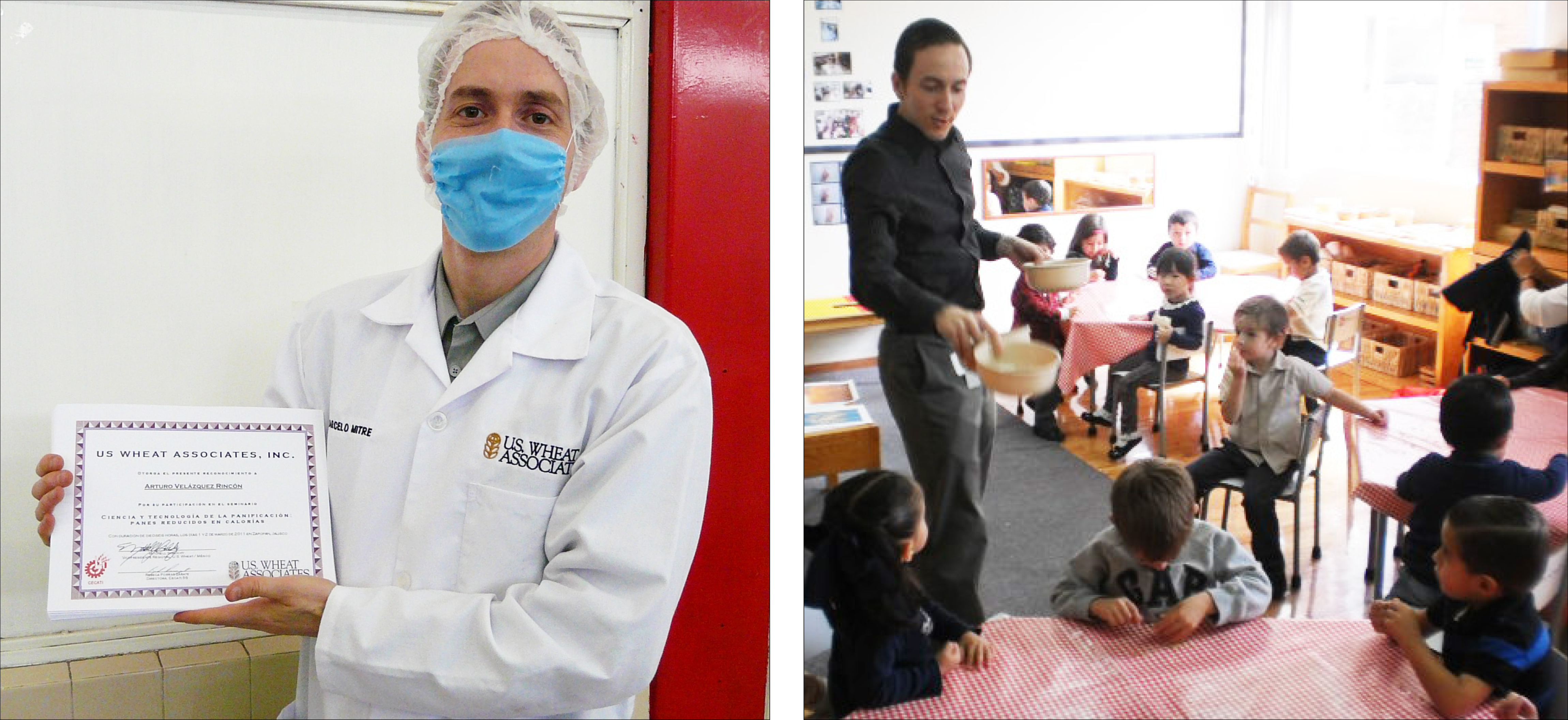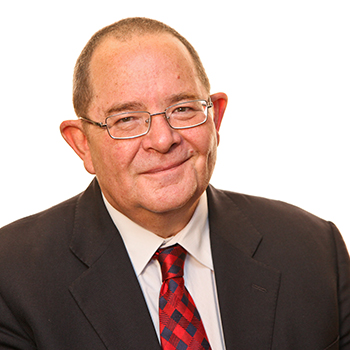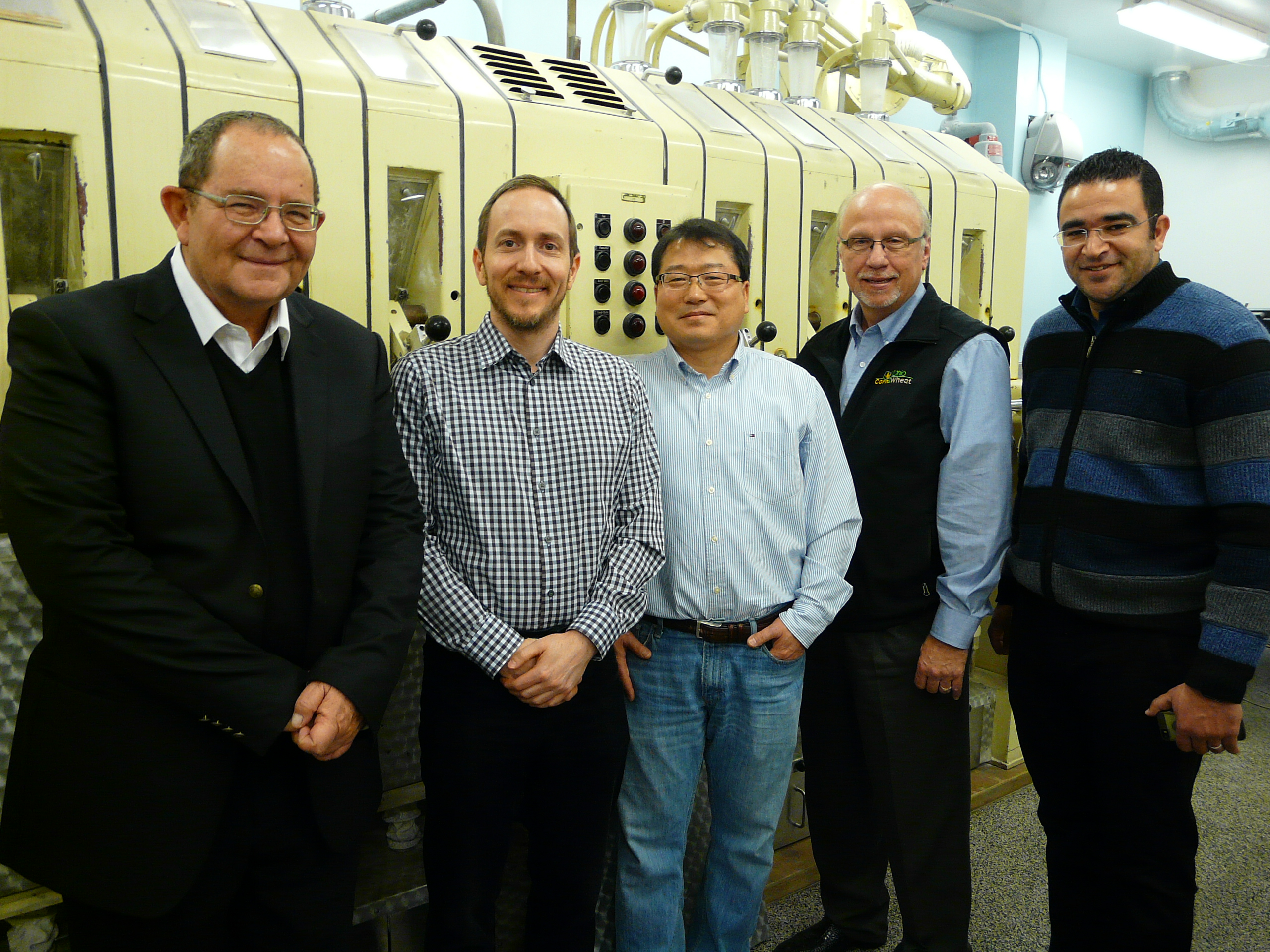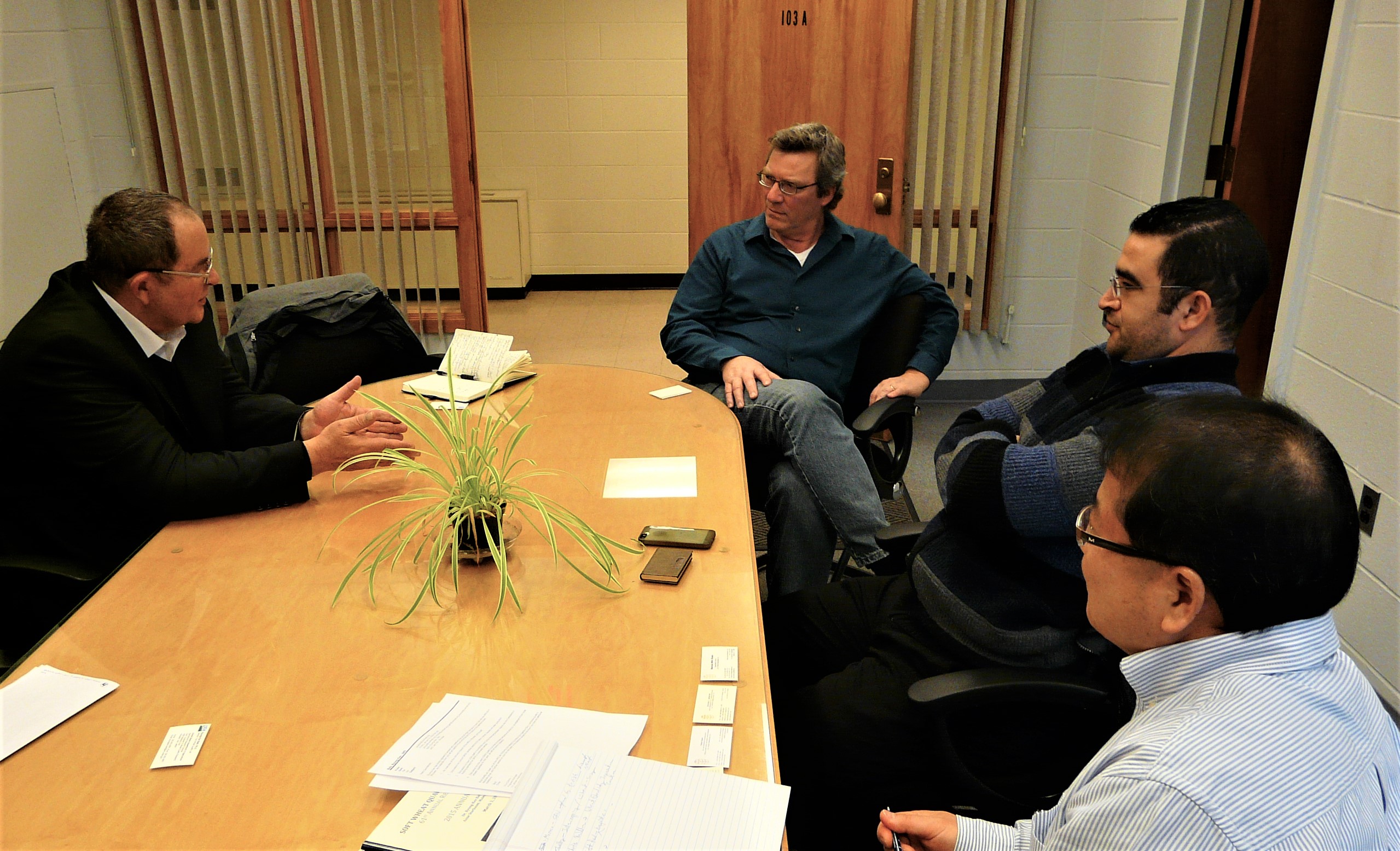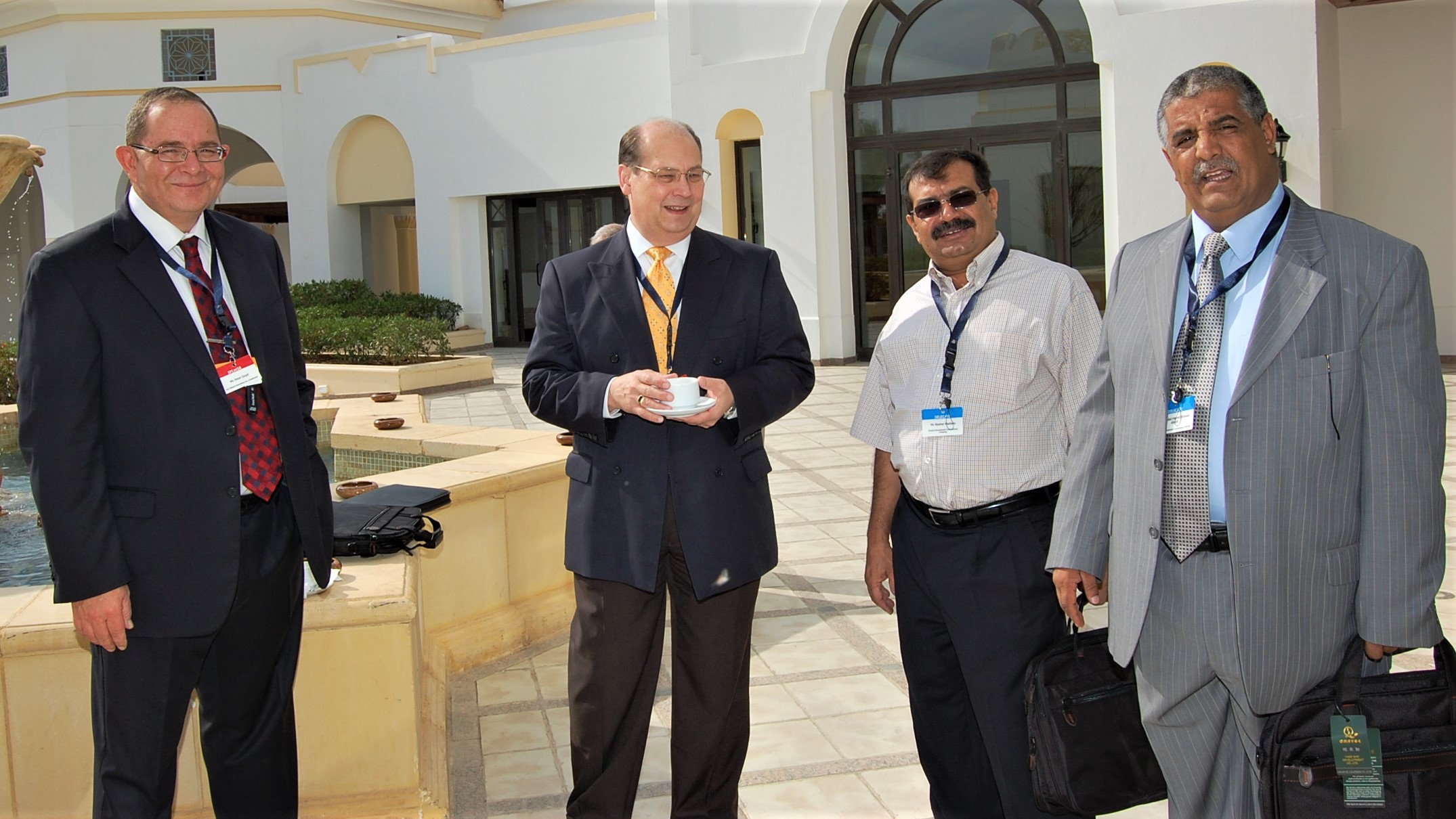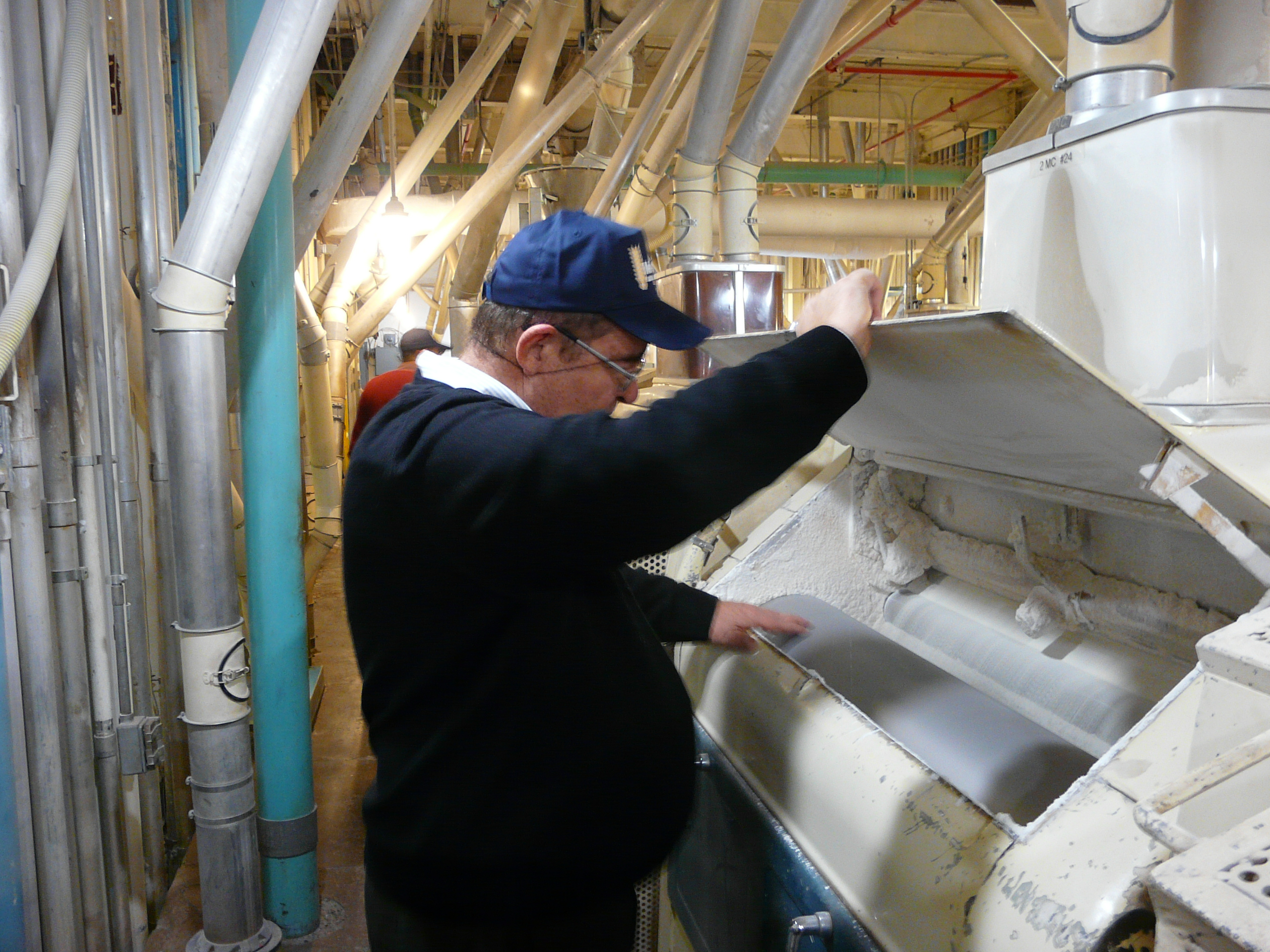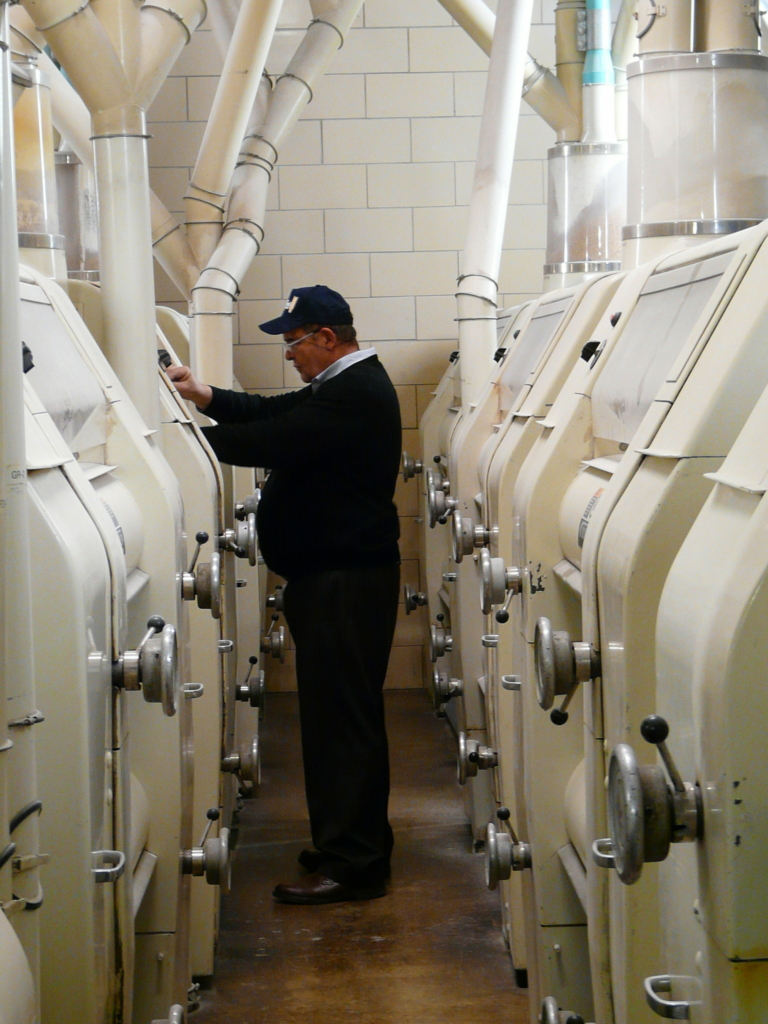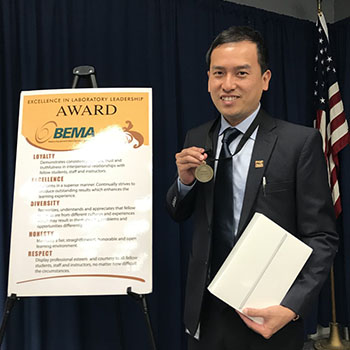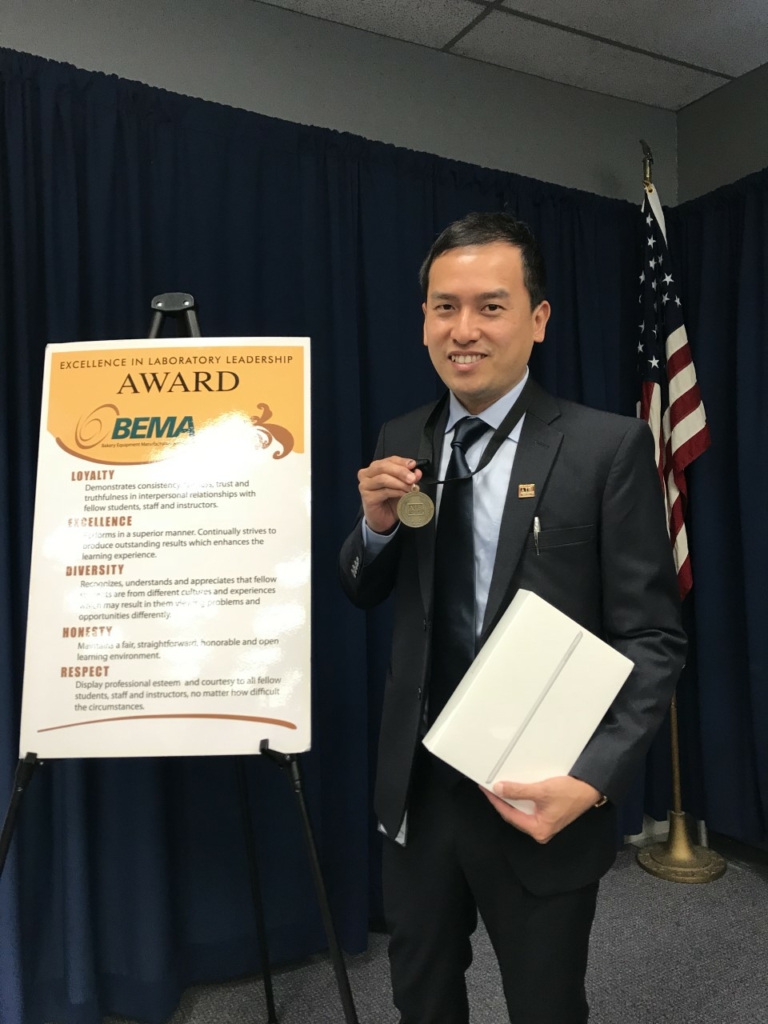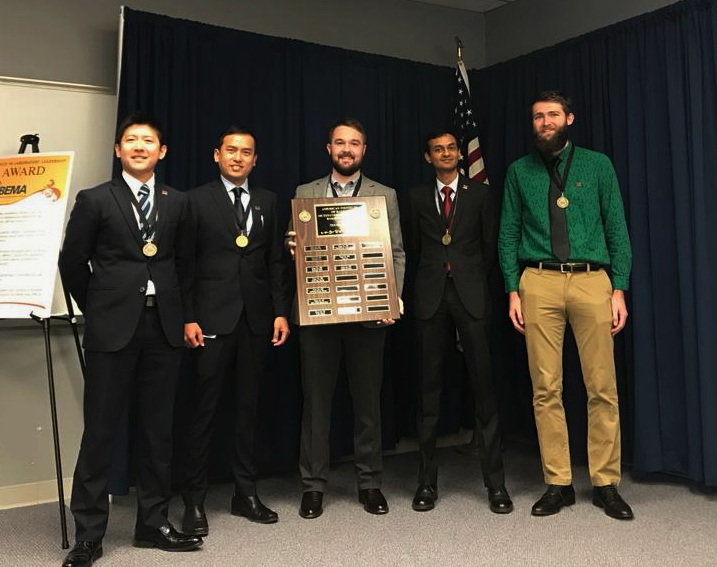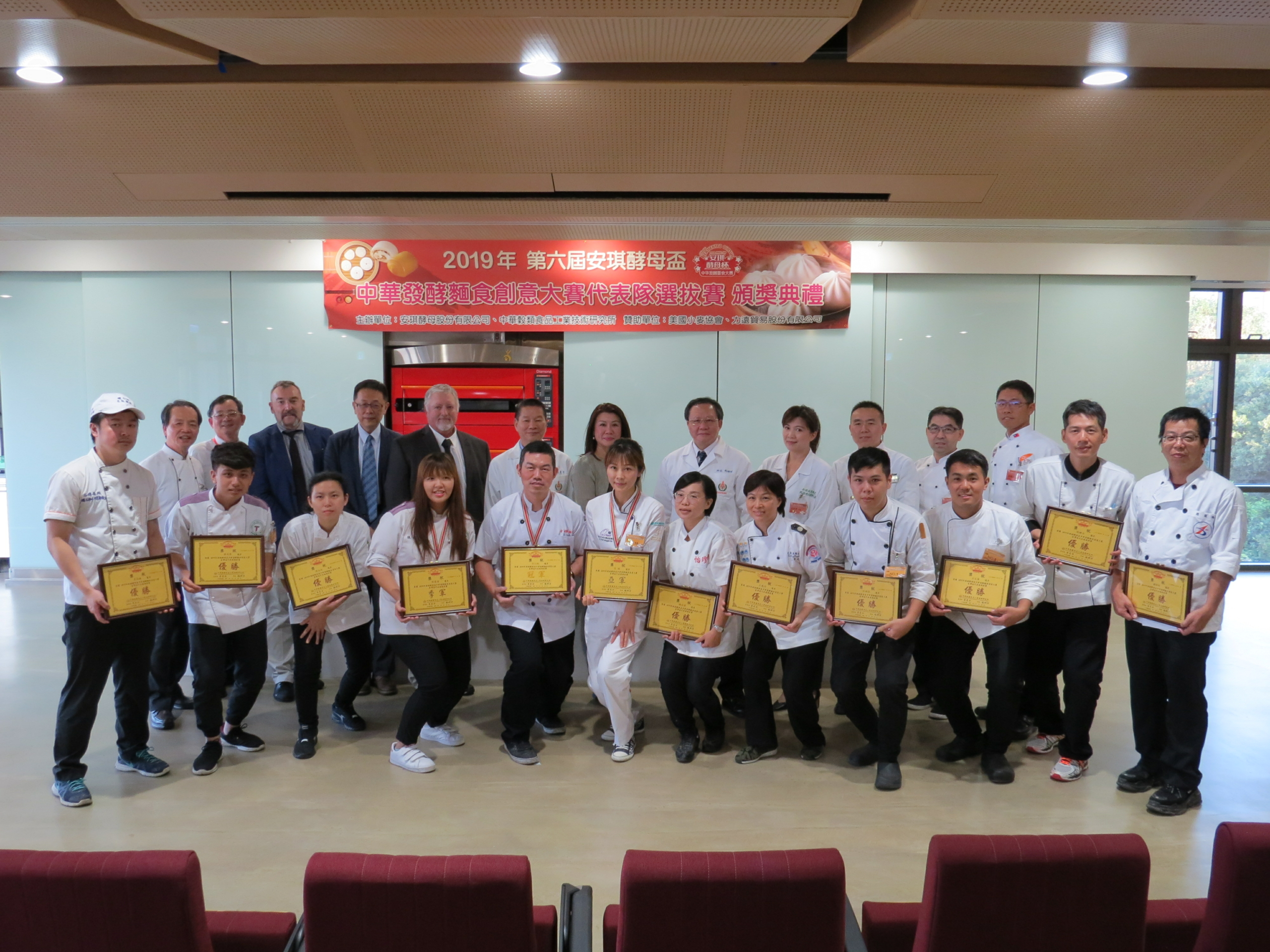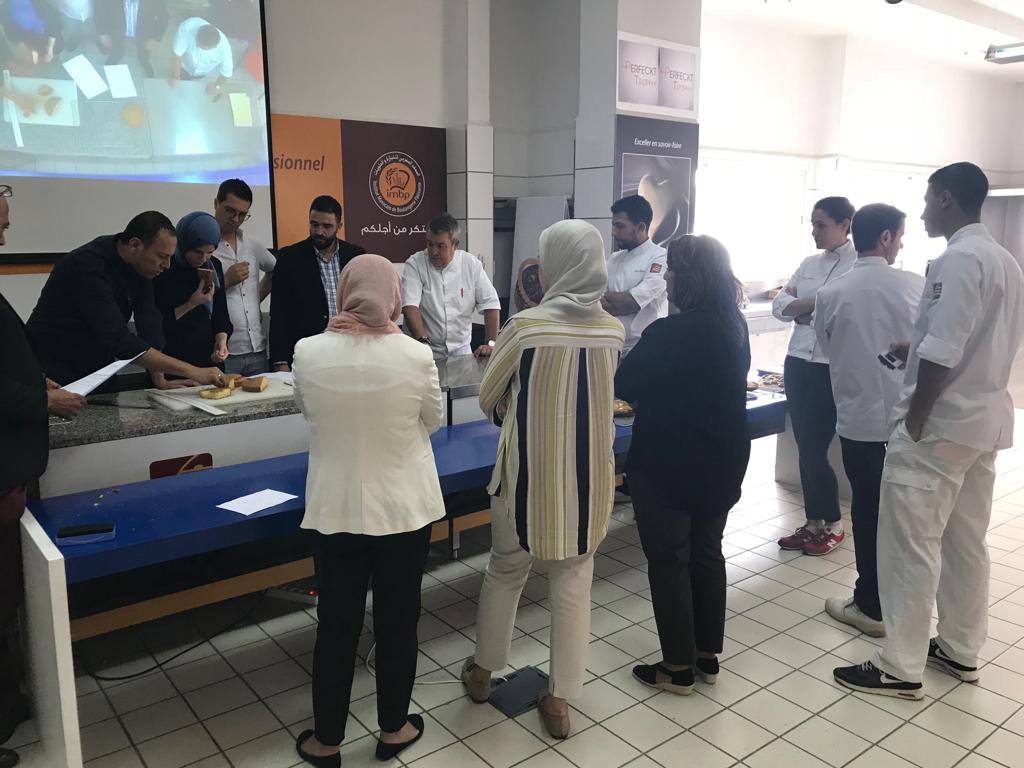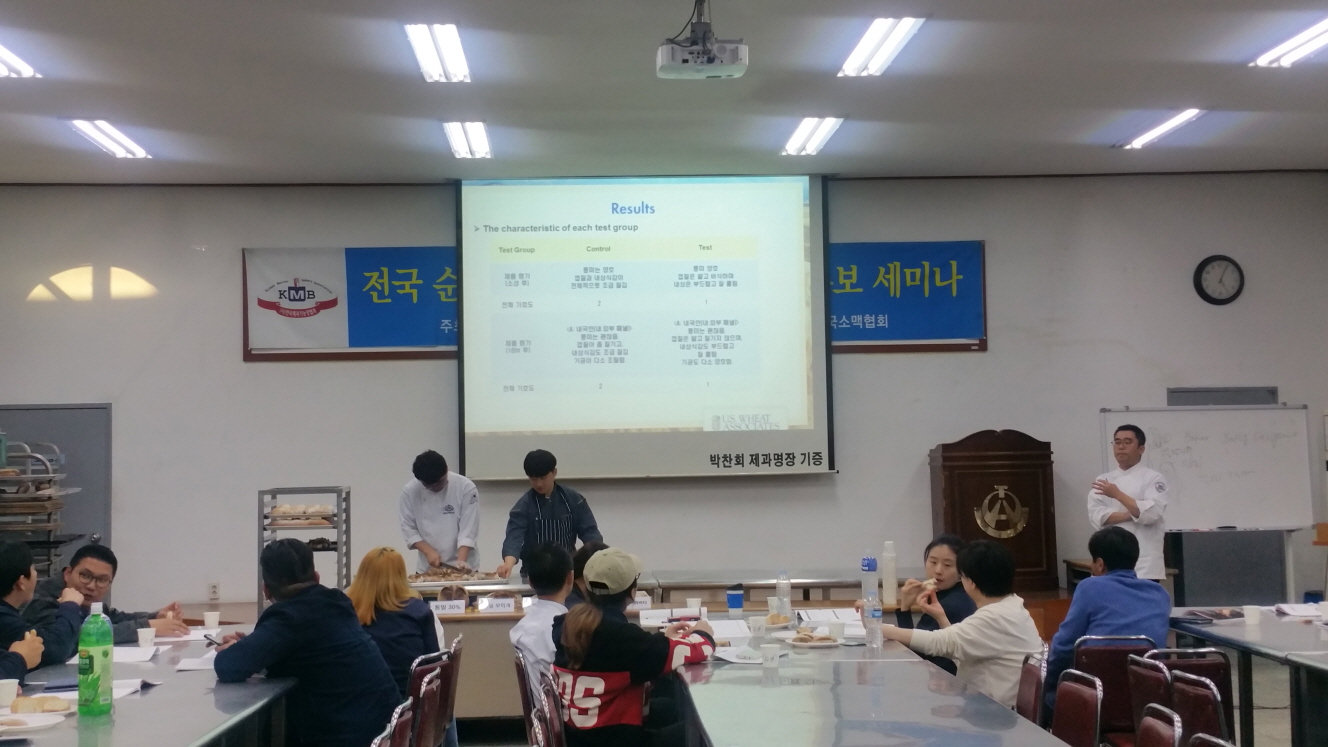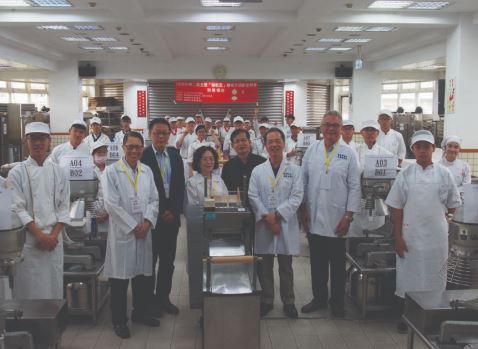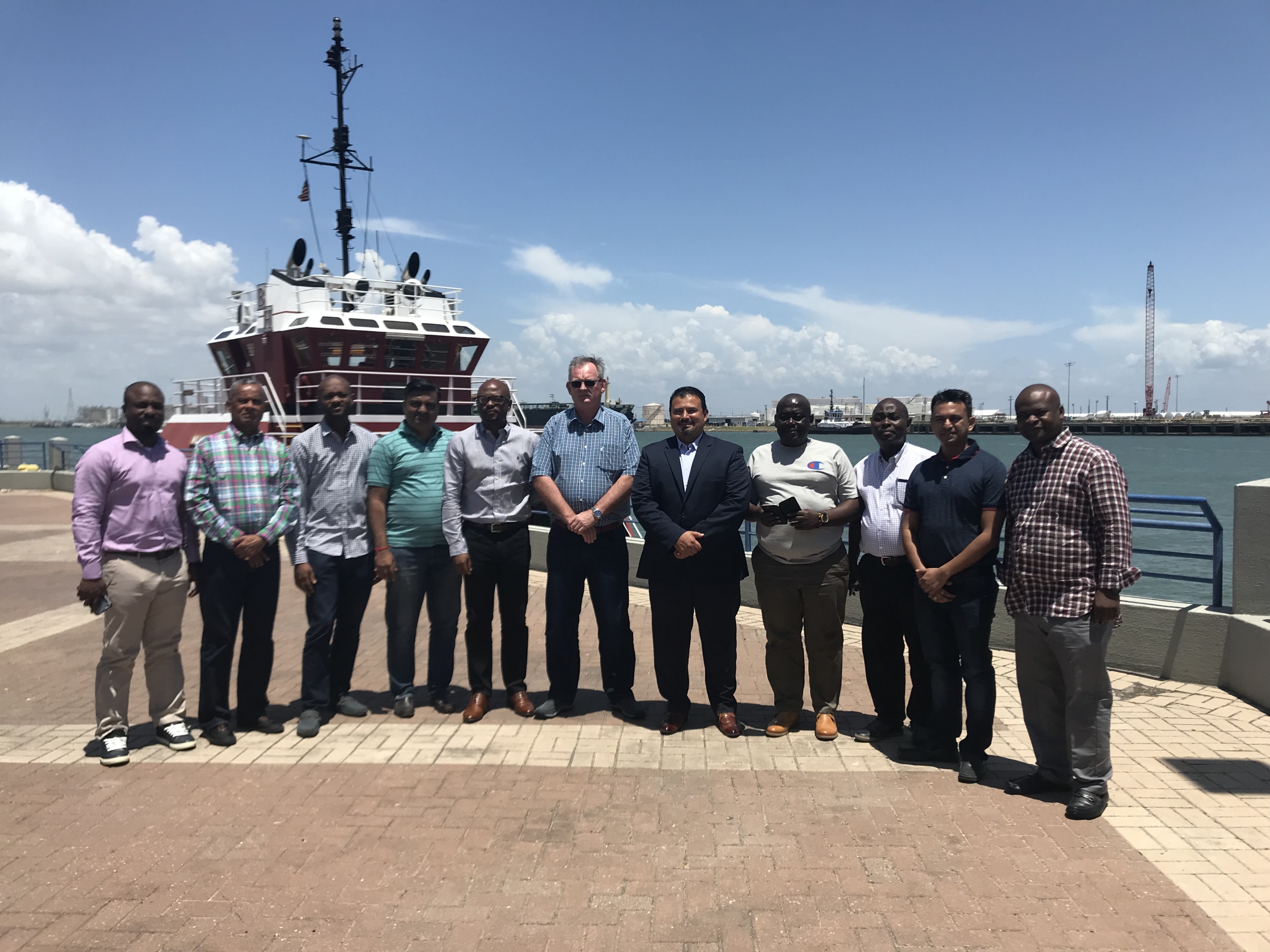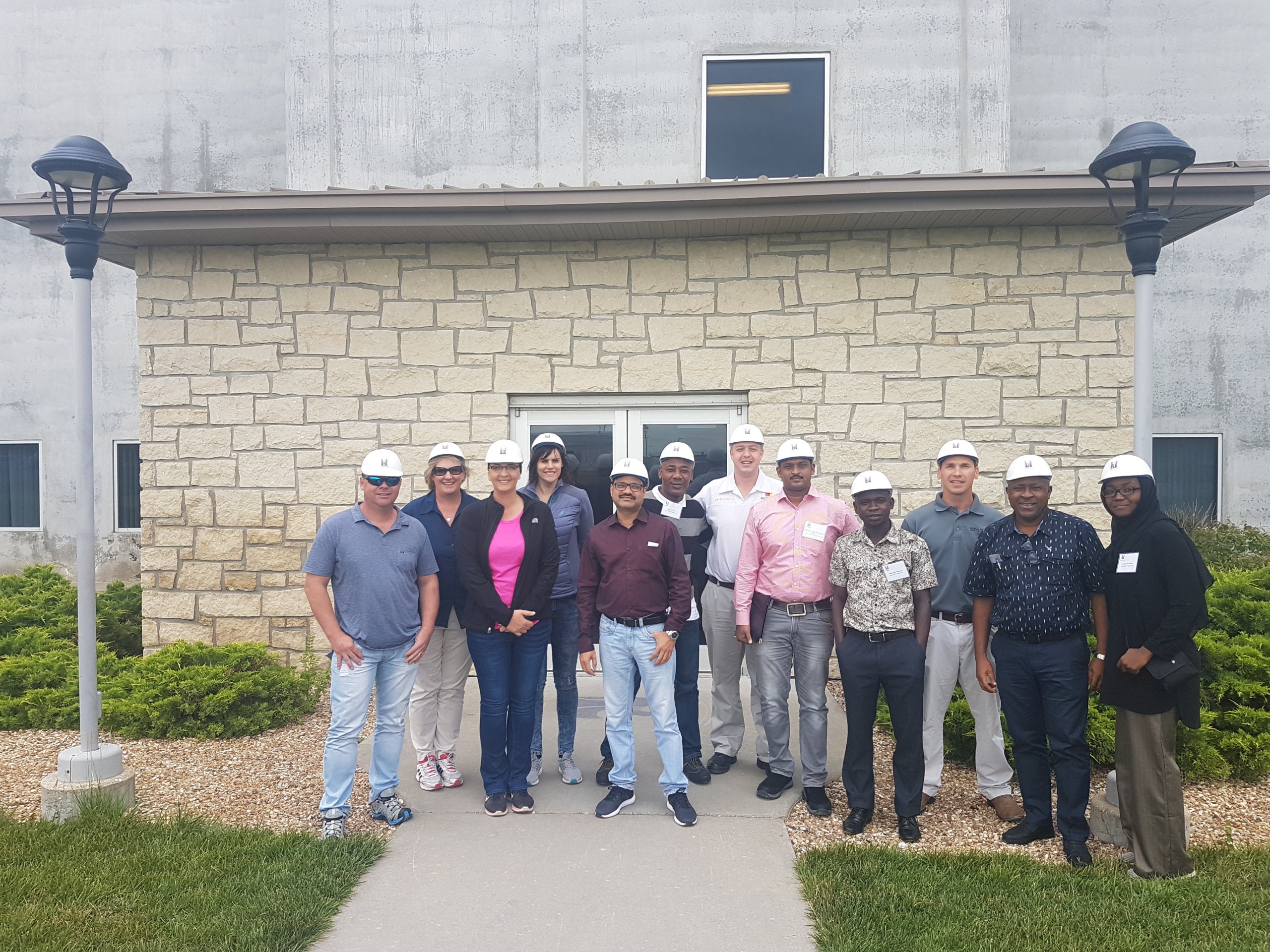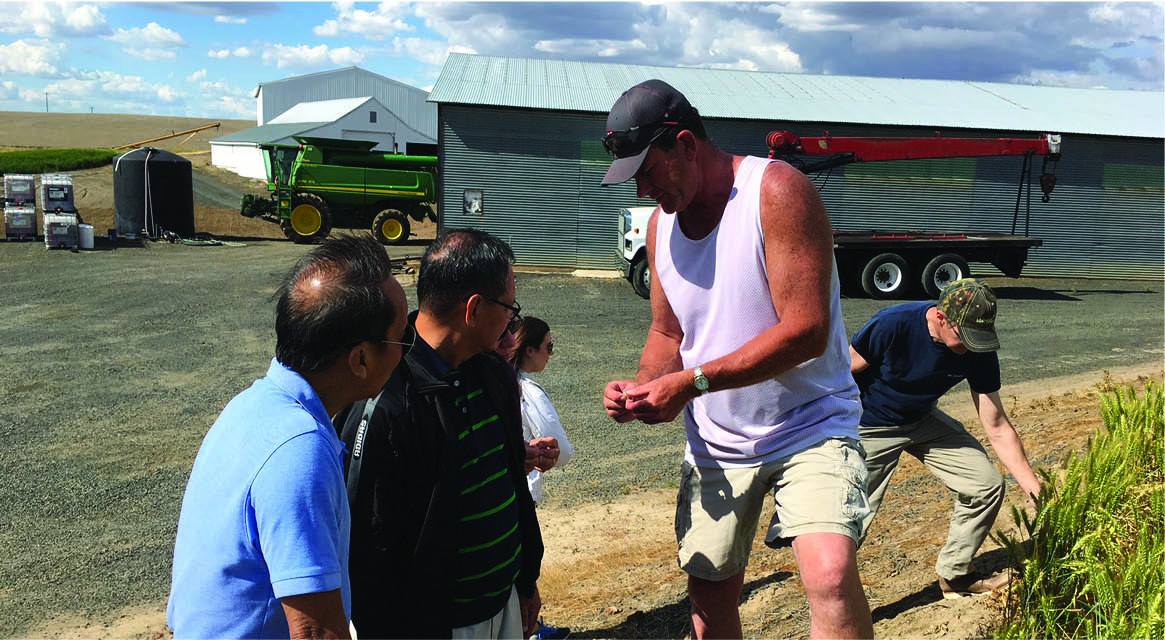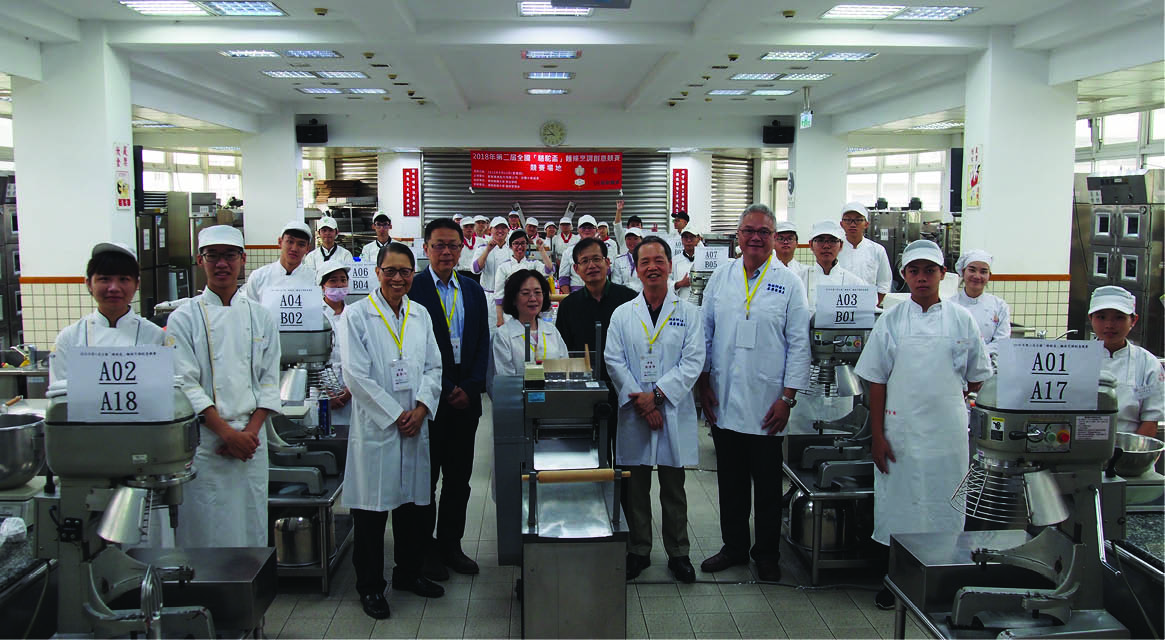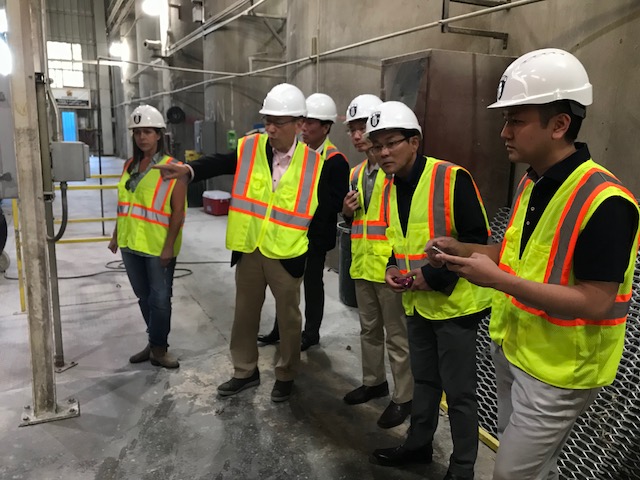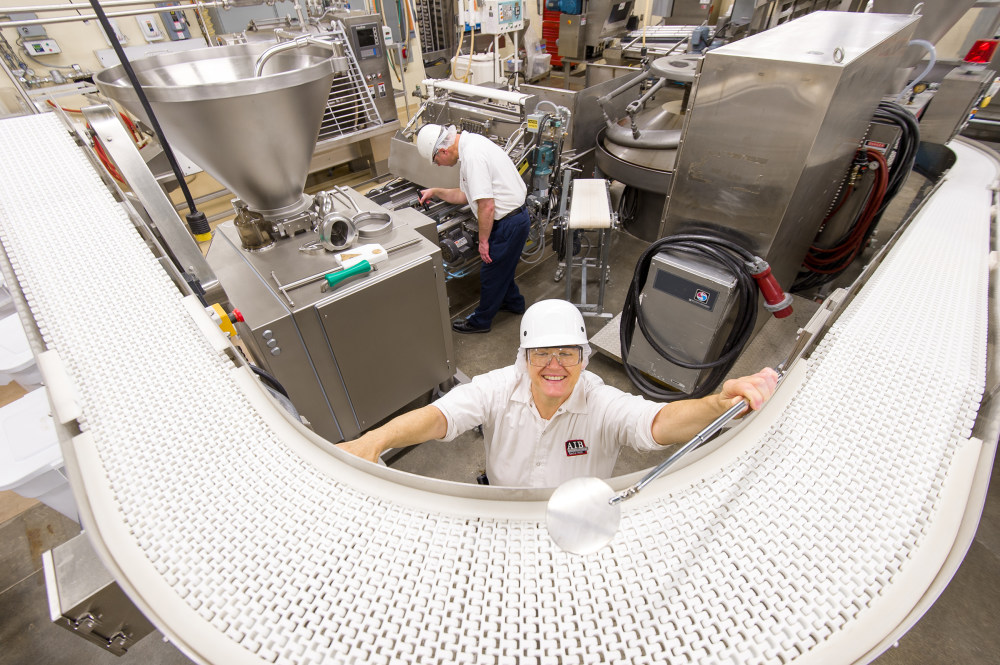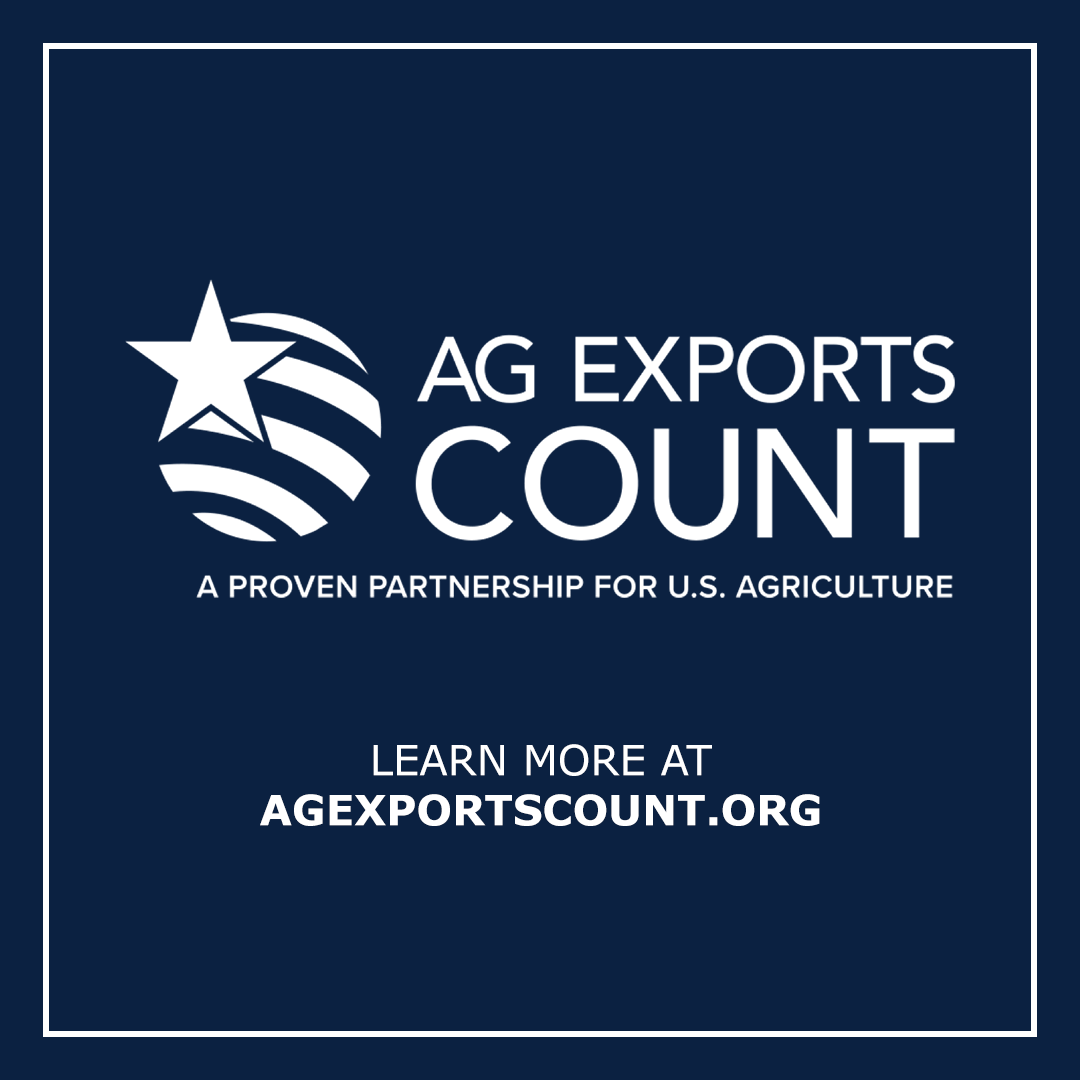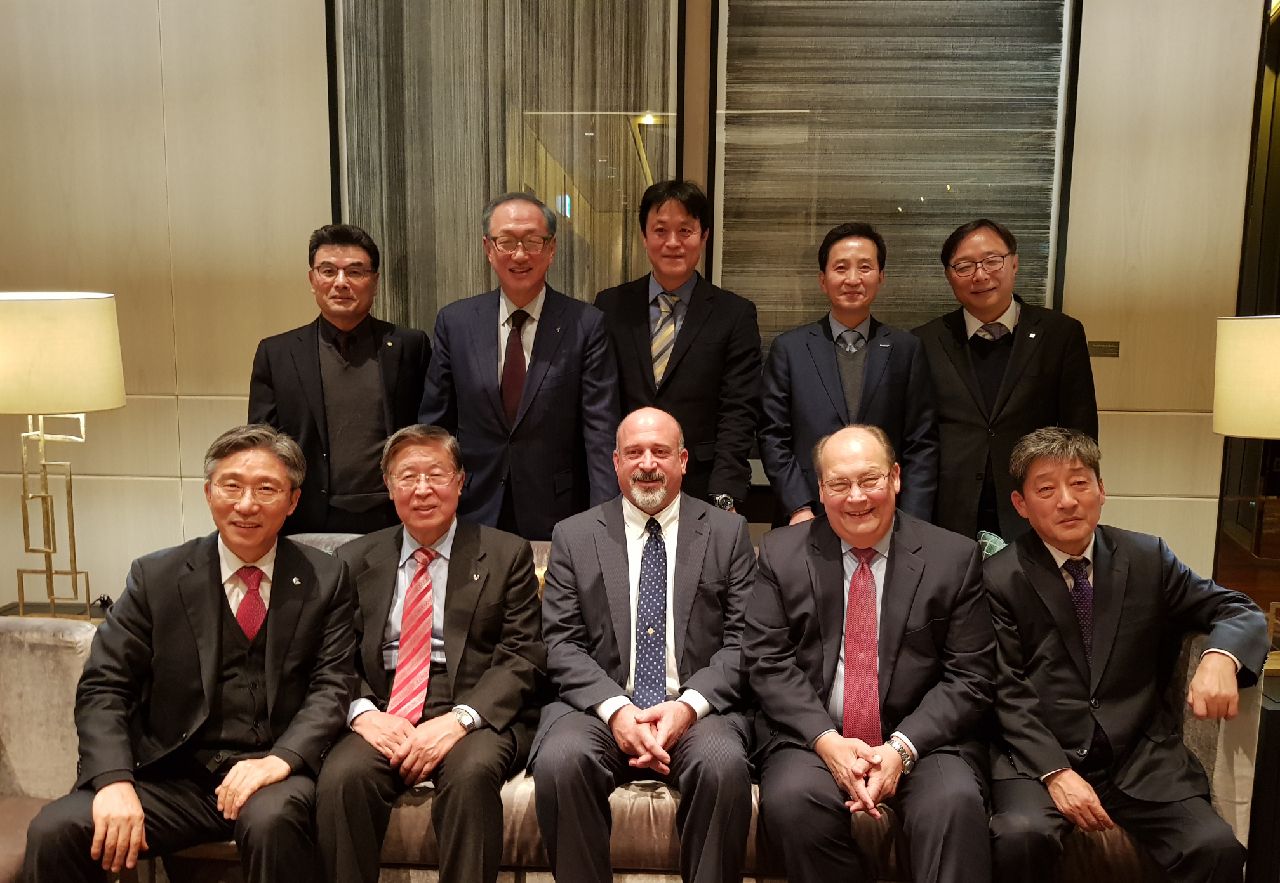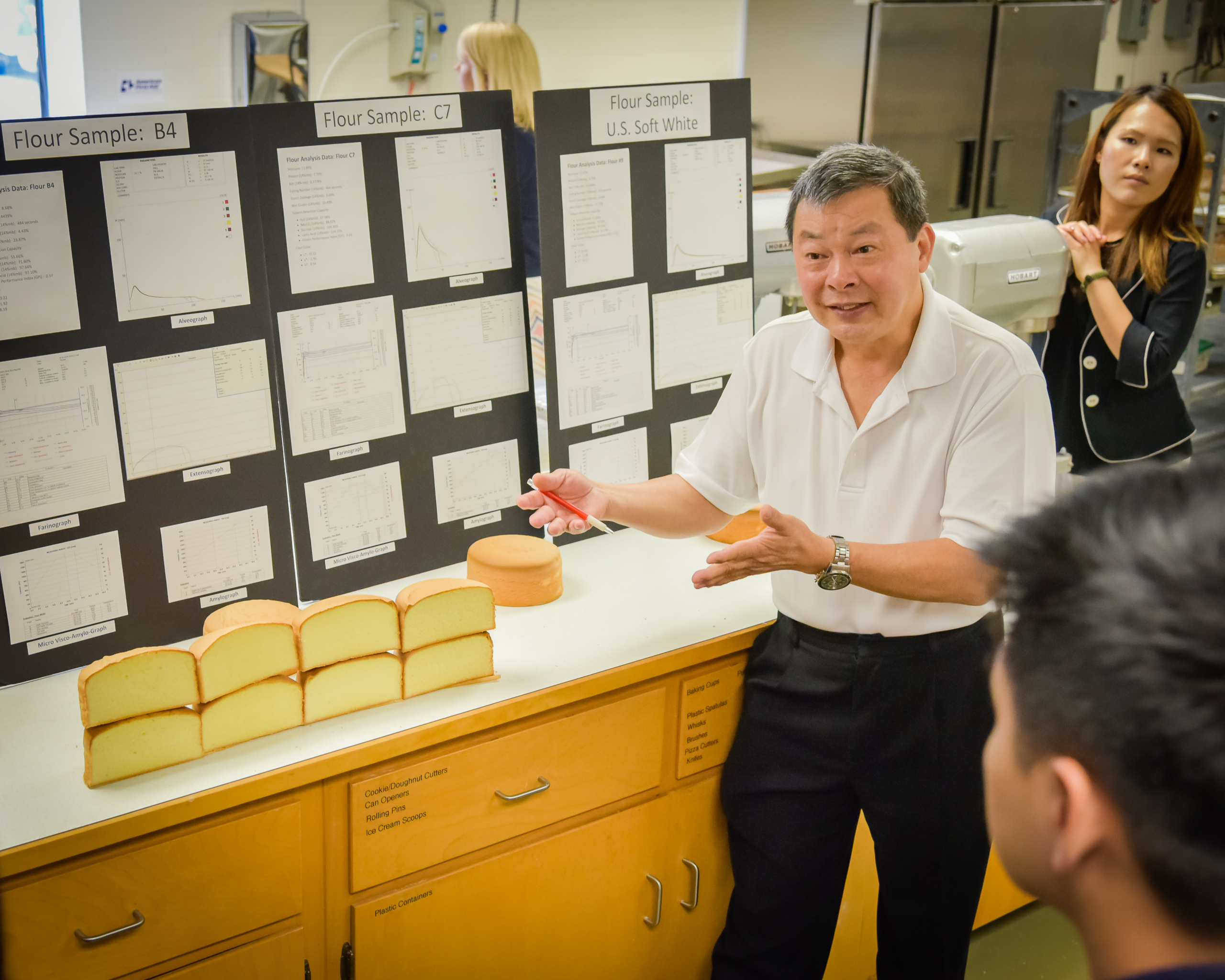As U.S. Wheat Associates (USW) President Vince Peterson often says, at any given hour of the day there is someone, somewhere, talking about the quality, reliability and value of U.S. wheat. Wheat Letter wants to share some of the ways USW was working the past few months to promote all six classes of U.S. wheat in an ever more complex world wheat market.
Brazil. During President Bolsonaro’s meeting with President Trump in March, the Brazilian president announced the implementation of the tariff rate quota (TRQ) that would allow 750,000 MT of non-Mercosur wheat into Brazil tariff free, something USW has pushed for years to be implemented. Soon after the announcement, USW offered support to Brazilian buyers and any purchasing information they may need to consider U.S. now and in the future. When realized, this change will give U.S. wheat farmers the chance to compete fairly for a sizable part of Brazil’s import needs every year.
The Philippines. With funding provided by the Washington Grain Commission, USW organized a team of research and development managers from the Philippine milling industry to take part in an End Products Collaborative in March at the Wheat Marketing Center in Portland, Ore. Recent expansion in the ASEAN milling industry has increased competition and created a need for millers to differentiate their flour products. This activity helps identify the best U.S. wheat options available.
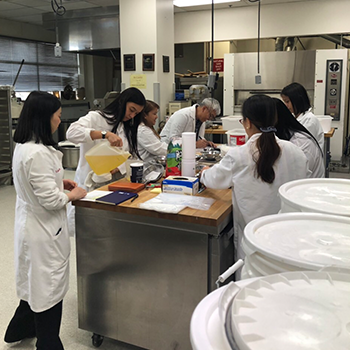
Members of the Philippine Milling Industry participate in an End Products Collaborative at the Wheat Marketing Center.

During the End Products Collaborative the participants visited with the Wheat Marketing Center Board of Directors.
Malaysia. In March, USW South Asia Regional Vice President Matt Weimar conducted two days of trade servicing for a mill in Malaysia, which also has operations in Vietnam and Indonesia. In the past two years, this mill has doubled imports of U.S. wheat to Malaysia alone. Weimar gave a seminar on the World and U.S. Supply and Demand as of March 2019 and shared the value of utilizing additional information resources from USW and USDA.
South Korea. USW Baking Consultant Roy Chung and Food and Bakery Technologist Shin Hak (David) Oh visited Seoul in March to conduct a pre-mix seminar and workshop to demonstrate the versatility of U.S. wheat in a wide range of end products. Workshop participants enhanced their understanding of ingredient functionality and chemical leavening systems while experimenting with new product formulations in pre-mixes.
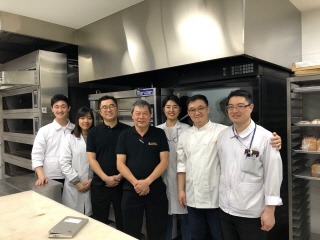
Participants of the Pre-Mix Seminar with the instructors in black: (L) USW Food and Bakery Technologist Shin Hak (David) Oh; (R) USW Baking Consultant Roy Chung.
Taiwan. In April, USW Regional Technical Director Peter Lloyd spoke at a milling seminar attended by members of the Taiwan Millers Association and faculty members of the China Grain Products Research & Development Institute (CGPRDI). Lloyd’s program focused on hard and soft wheat milling, solvent retention capacity (SRC) and SDS testing methods and their application in the mill, and profitability in the milling industry.
China. To meet industry demand for deeper knowledge of techniques in frozen dough production, USW is collaborating with the Sino-American Baking school (SABS), Lesaffre Yeast and Square Technology Group Co., Ltd., to hold three sessions of frozen dough technology courses this year for millers and bakers. During the first session in March, USW Technical Specialist Ting Liu and Asian Products/Nutrition Technologist Shu-ying Yang spoke on the importance of choosing the correct flour for frozen dough by showing how freezing affects gluten functionality.
Panama. USW sponsored a wheat buyer from Panama to attend the IGP Institute Grain Purchasing Short Course in April. The course focused on contract specifications, financing grain imports, grain grading, ocean transportation, discussions of the cash and futures markets and included a visit to an export facility in Portland, Ore.
Spain, Portugal and Morocco. In March, a USW Board Team including farmers from Montana, Nebraska and Wyoming traveled to Spain, Portugal and Morocco to visit customers, millers, government officials and more to listen and learn more about those markets and how they utilize U.S. wheat. Read more about those visits here.

Visiting IFIM and touring the training mill, where the USW Board Team saw equipment sponsored by U.S. Wheat Associates. (L to R): Al Klempel (Montana), Kent Lorens (Nebraska) and Casey Madsen (Wyoming).
Morocco and Tunisia. In April, USW hosted a delegation from Morocco and Tunisia focused on grain storage and management that was part of the USDA Cochran Fellowship Program traveling to Kansas and Texas. This program provides short-term training opportunities to agricultural professionals from middle-income countries, emerging markets, and emerging democracies. Read more about this delegation here.
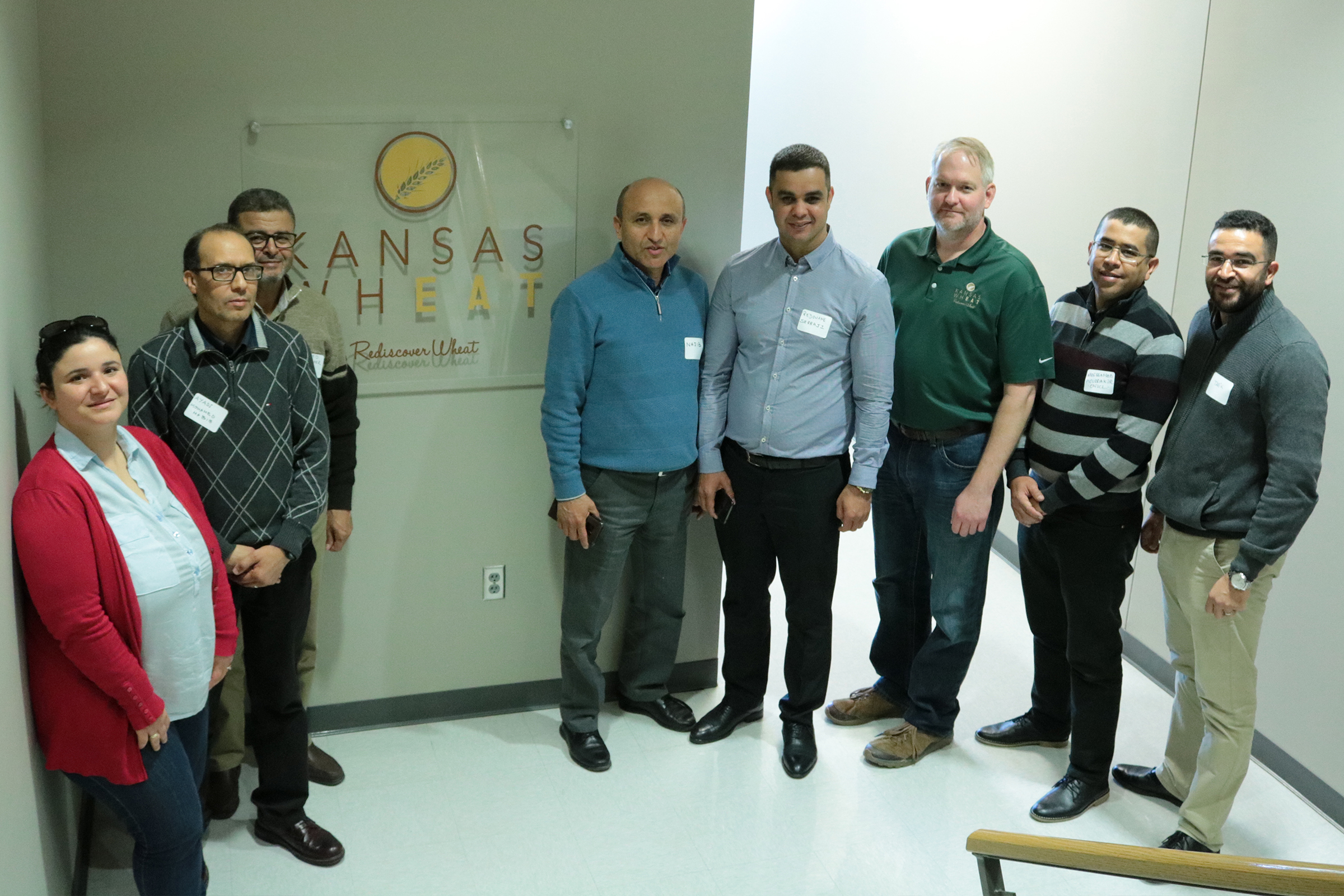
The Cochran Fellowship Program delegation from Morocco and Tunisia stopped by the Kansas Wheat Innovation Center where they toured its greenhouse and research facilities. The team was escorted by USW Milling & Baking Technologist Tarik Gahi, pictured far right. (Photo Credit: Kansas Wheat)
Italy. USW Regional Marketing Director Rutger Koekoek recently visited Italy for several meetings with the grain trade, milling companies and a leading pasta processor to discuss the advantages of U.S. hard red spring (HRS) and durum crop quality and functional performance in products for the Italian market.
Wheat Research. USW recently worked with CGIAR to create a fact sheet and other support materials promoting the benefits of U.S. investment in global wheat research collaboration.


